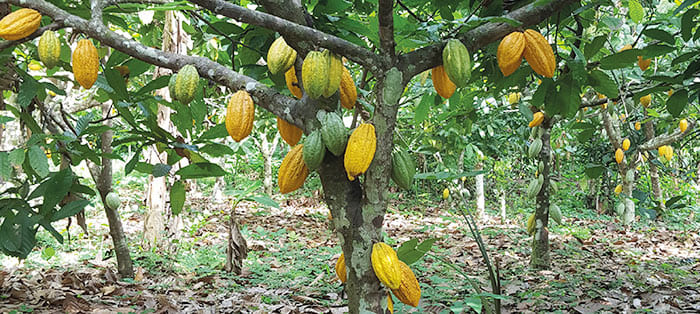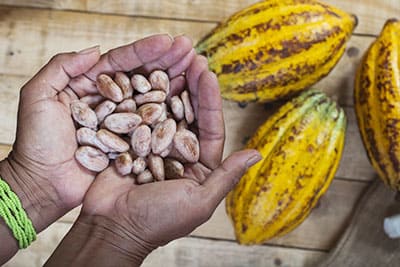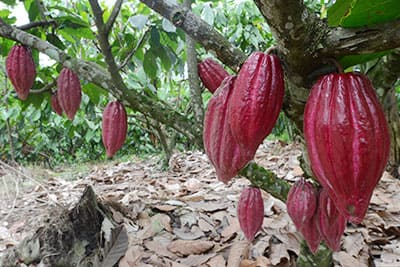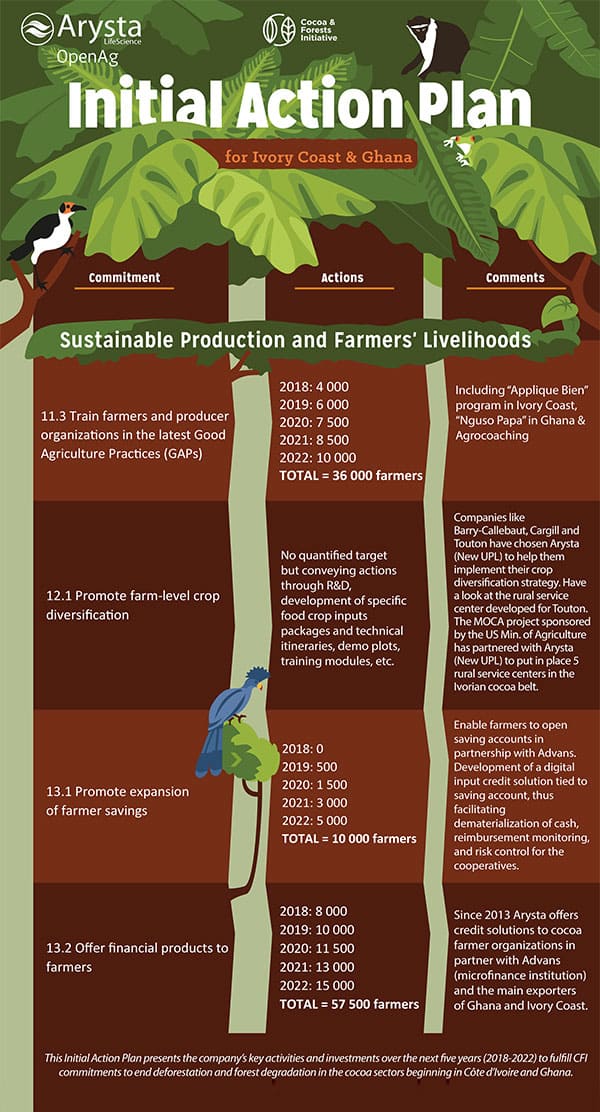March 30, 2019
UPL (Arysta)’s Action Plan To Fight Against Deforestation And Forest Degradation Caused By Cocoa Farming
(UPL ARYSTA) is proud to be a signatory to the Cocoa & Forests Initiative (CFI), a partnership where governments of Côte d’Ivoire and Ghana work together with the world’s leading cocoa and chocolate industry to fight against deforestation and promote forest restoration and protection in the cocoa supply chain.
Fighting deforestation, a world concern
At the November 2017 UN Climate Change Conference (COP23), top cocoa-producing countries Côte d’Ivoire and Ghana with leading chocolate and cocoa companies announced far-reaching Cocoa & Forests Initiative Frameworks for Action. Central to the Frameworks is a commitment to no further conversion of any forest land for cocoa production.
In March 2019, another milestone was reached to strengthen transparency and accountability in the cocoa supply chain: the governments of Côte d’Ivoire and Ghana and the thirty-three Cocoa & Forests Initiative companies released action plans that spell out concrete steps to end cocoa-related deforestation.
Now is the time to act
The thirty-three companies who have joined CFI, accounting for about 85% of global cocoa usage, were engaged to publish their concrete action plan by March 2019. Each company has agreed to prepare a detailed individual action plan that spells out the specific actions it will take in 2018-2022 to deliver the commitments set out in the Framework. Each company will decide for itself how to best support the achievement of the Framework objectives, based on their role in the supply chain, their corporate strategic priorities, and their cocoa sustainability goals.
By joining the Cocoa and Forest Initiative, we aim to act as technical partners, able to advise on agronomic choices and support cocoa industry companies to “produce more cocoa on less land” with the farmers. Our expertise in agronomy and our experience in driving sustainable agriculture projects is what our cocoa industry customers value most. That is why they chose to place us at the crossroads of many of their initiatives conducted on the ground. We are happy to share this knowledge through the C&FI platform today.
UPL CFI Action Plan: Sustainable cocoa production and increased farmer incomes.

The aim of UPL services is to go towards a more responsible cocoa agriculture through more respect for producers and their environment. Our mission is to cultivate prosperity through advanced agriculture. We are a member of the World Cocoa Foundation since 2016 because we share the same vision for a sustainable cocoa value chain. Our objective is to share our expertise and technical know-how with the cocoa industry through this platform.
Since the beginning of their activities, UPL subsidiaries in Ivory Coast (Callivoire) and in Ghana (Callighana) have acted as inputs and service providers for the development of agriculture and the welfare of rural populations. The solutions we provide are based on a farmer-centric approach. Initiatives such as tailor-made training programs, the set-up of demonstrations plots at farmer level, are some of the tools we use to convey good agricultural practices and promote income diversification at farm level. Our role is to provide concrete agronomy-based solutions to prevent the extension of new plantations on the forests of both Ghana and Ivory Coast.


